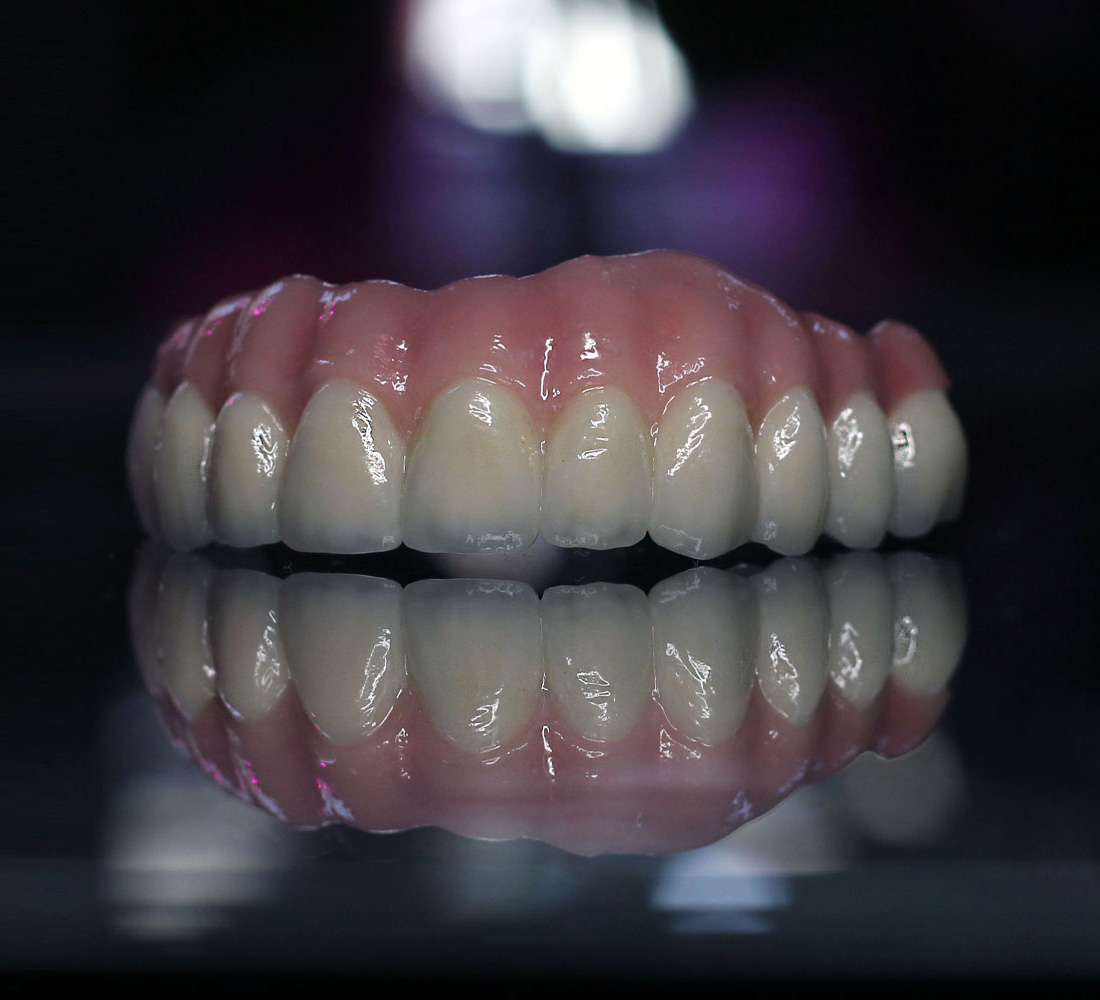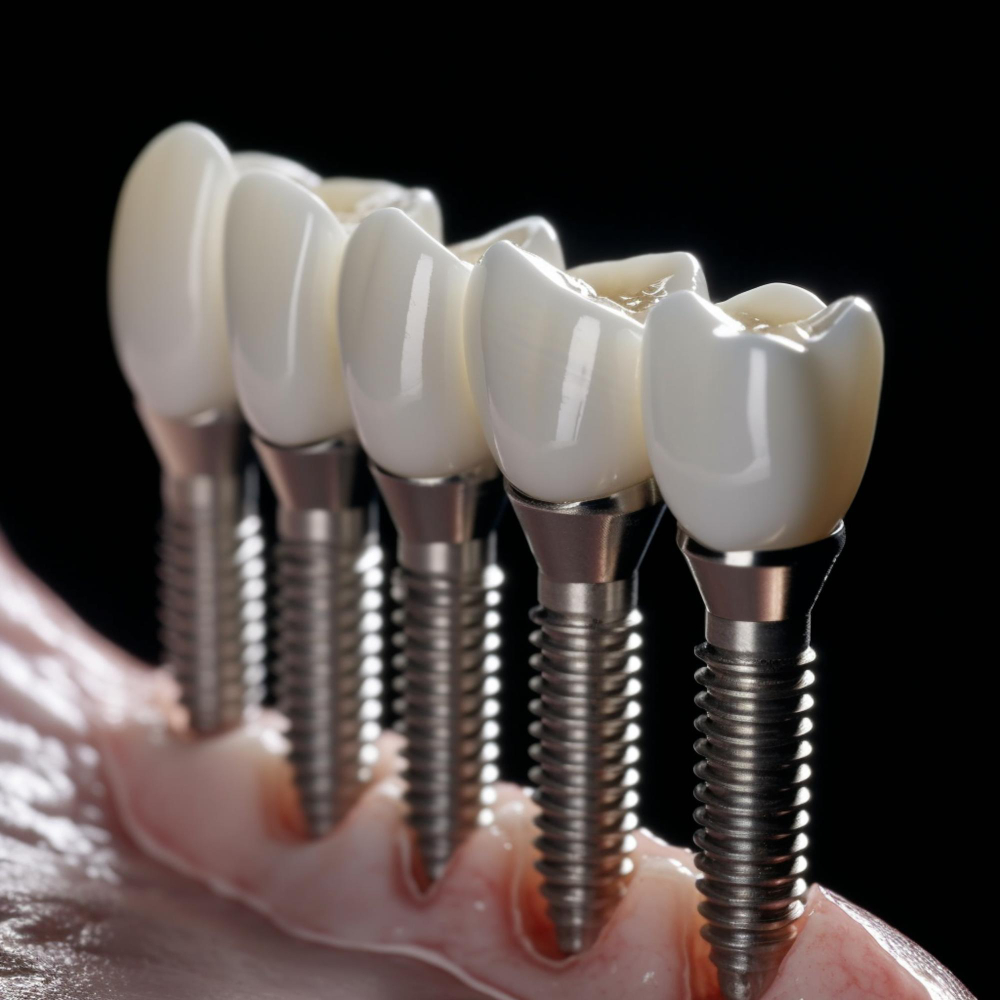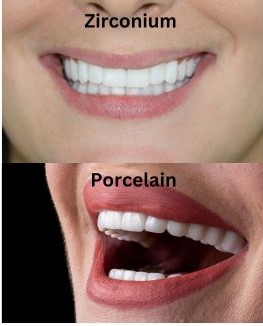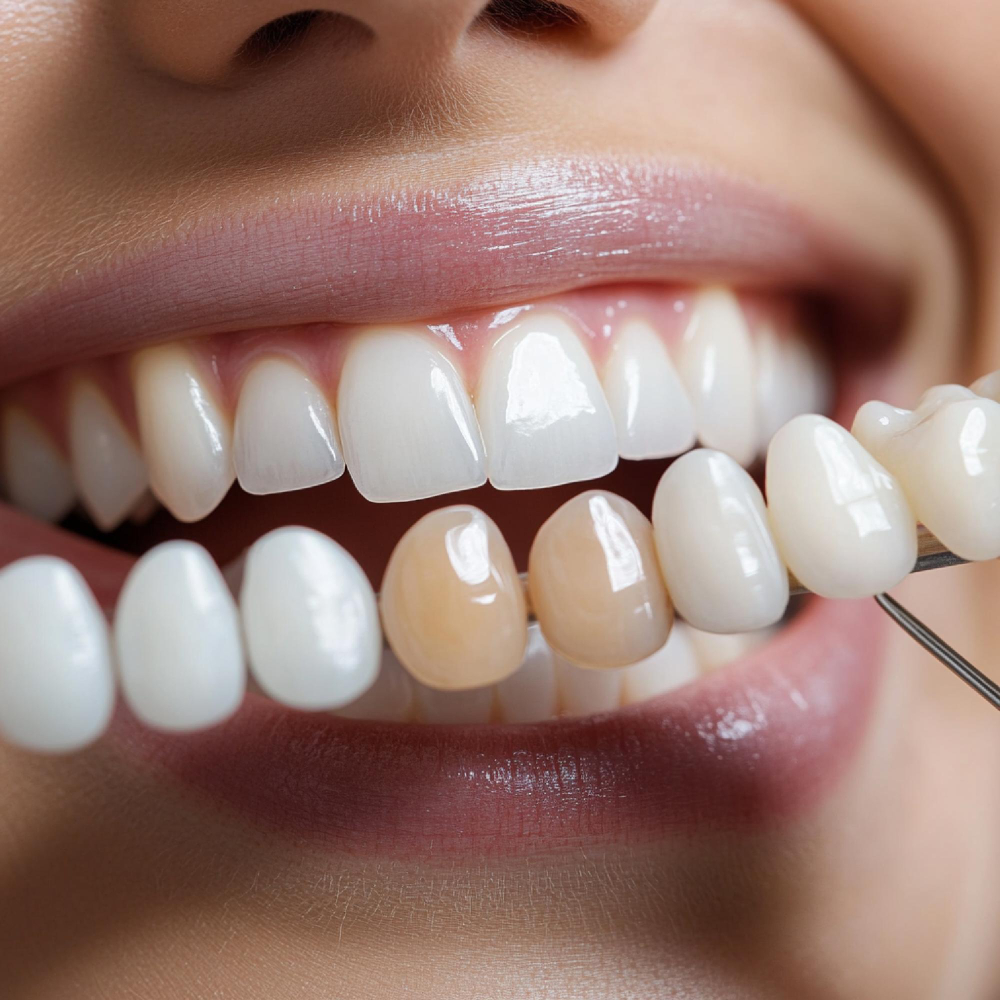At ALL ON X – the best dental clinic in Istanbul, Turkey – patient care goes beyond a beautiful smile. The clinic recognizes that oral health is deeply connected to overall well-being, including sleep quality. One of the most overlooked yet significant relationships is between sleep apnea and oral health – a connection that impacts millions worldwide.
What Is Sleep Apnea?
Sleep apnea is a sleep disorder characterized by repeated interruptions in breathing during sleep. The most common type, obstructive sleep apnea (OSA), occurs when the airway becomes blocked, often due to relaxation of throat muscles, enlarged tissues, or jaw positioning. These pauses in breathing can happen dozens of times per hour, reducing oxygen levels and affecting multiple body systems.
How Sleep Apnea Affects Oral Health
1. Dry Mouth (Xerostomia)
Patients with sleep apnea often breathe through their mouths during the night, leading to chronic dry mouth. This condition reduces saliva production, which is essential for washing away food particles and neutralizing acids. As a result, individuals face an increased risk of:
- Tooth decay
- Gum disease
- Bad breath (halitosis)
2. Bruxism (Teeth Grinding)
Research shows a strong link between sleep apnea and nighttime teeth grinding. The repeated arousals from sleep can trigger jaw clenching, which wears down enamel, causes jaw pain, and may contribute to temporomandibular joint disorders (TMJ).
3. Gum Inflammation and Periodontal Disease
Sleep apnea causes intermittent oxygen deprivation, which may trigger systemic inflammation. This inflammatory response can worsen periodontal disease, leading to gum recession, tooth loss, and bone damage.
How Poor Oral Health Can Contribute to Sleep Apnea
The relationship is not one-way. Certain oral and dental conditions can increase the risk of developing or worsening sleep apnea:
- Small jaw or crowded teeth: May narrow the airway.
- Enlarged tongue or tonsils: Can obstruct airflow during sleep.
- Poor bite alignment (malocclusion): Affects jaw positioning and airway space.
In these cases, targeted dental interventions – such as oral appliance therapy – can significantly improve breathing during sleep.
Diagnosis and Dental Role in Sleep Apnea Management
Dentists are often among the first professionals to detect signs of sleep apnea during routine checkups. Key indicators include:
- Worn teeth (bruxism evidence)
- Dry or irritated oral tissues
- Jaw discomfort
- Enlarged tonsils or tongue
Treatment Approaches
At ALL ON X in Istanbul, the treatment approach is multidisciplinary. For sleep apnea patients, the clinic may recommend:
- Custom oral appliances to reposition the jaw and tongue
- Restorative dental work to repair damage from grinding
- Collaborative care with sleep specialists for comprehensive therapy
Prevention and Self-Care Tips
- Maintain excellent oral hygiene to reduce the risk of gum disease.
- Treat nasal or airway issues early to avoid mouth breathing.
- Avoid alcohol and sedatives before bedtime as they relax throat muscles.
- Manage weight to reduce airway obstruction.
- Seek regular dental checkups, especially if you snore or grind your teeth.
Conclusion: Protecting Your Smile and Your Sleep
The connection between sleep apnea and oral health is a two-way street – each can worsen the other if left untreated. By addressing both issues together, you can protect your teeth, gums, and overall health.
ALL ON X – the best dental clinic in Istanbul, Turkey – offers advanced diagnostic tools and customized treatments to help patients manage sleep apnea while restoring and preserving oral health. If you suspect you have sleep apnea or are experiencing related dental issues, booking a consultation could be the first step toward better sleep and a healthier smile.









